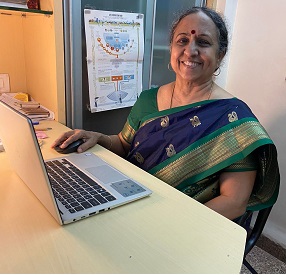The other day I got an email from a doctor who is doing some important research on a topic. The doctor wondered why s/he got different results while combining two terms with AND and OR
(Term 1 AND Term 2) versus (Term 1 OR Term 2)
I have also had researchers emailing me asking – I am getting unmanageable results – could you check my strategy please? And I discover completely wrong usage of Boolean operators and Truncations
More queries – typically from PG students / Guides
- “Should I search my topic on Google and PubMed?”
- “In PubMed is it enough if I just put down the keywords?”
I get calls for help with Systematic Reviews – some of them have no clue and believe that writing a systematic review is an easy option compared to conducting and reporting a primary research initiative.
One such query for a systematic review assistance came with a specific plea for a manipulation that would tamper with the evidence!
All these are of great concern and need to be tackled NOW.
As I always say – the basics simply must be be taught early. Only if the very basics (at least) of literature searching are taught at the UG level, will the Foundations of Research be well established at all. There are clinicians who do not do research either due to lack of knowledge or time or both. That’s okay. But they do need to know several basics of research (including literature searching) in order to identify good research and evidence!
In the absence of such teaching, we see all the above scenarios. We see PG guides giving wrong advice. We have PG students coming for last minute help – wanting to pay anything for the help. Why? Let us save those “nine stitches” by investing in one stitch in time – teaching good literature searching skills and basics of research right from the UG days!
Note: We have had many learning well and doing good work. We have shared such stories regularly. We are fully aware that there are excellent medical writers and researchers all over India. They constitute the numerator. A denominator needs to be covered and that is HUGE. And the incidents shared above probably constitute the tip of the tip of the tip of a huge iceberg of the need for training.





